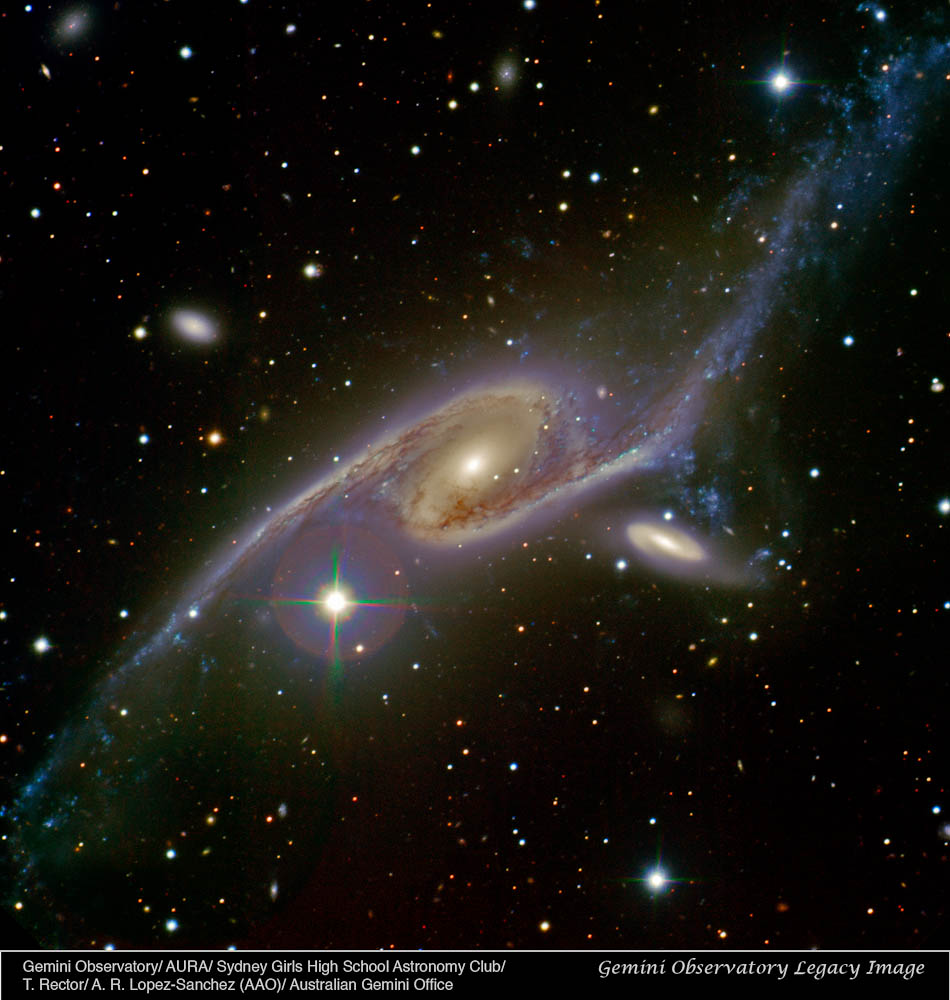I would love to become an amateur astronomer. I've never had a telescope, never lived in an area of the country where the night sky looks anything like this and have only seen a lunar eclipse (that I can remember with any vividness) once but I think I could do it. Granted, I know nothing about telescopes, or where to point the thing to actually see something but I figure I could find something on the internet about it. Which brings me to this little list of things in space that I love. Starting with, perhaps, the most obvious of things in our sky:
The Moon - Our closest celestial neighbor (most of the time) in more ways than one. I guess the moon is just kind of...well...the moon. We've all grown up with it, lived with it, seen a gagillion pictures of it but it's also the only place not on this Earth that human beings have ever been. It's our first step out into a whole new era in human history. Without this little gem in the night sky, it's possible that life would have never been. After all, the moon is us, most likely created from a large impact that sent this piece of the Earth sailing billions of years ago.
Andromeda - Our nearest spiral galaxy neighbor in the cosmos at a mere 2.5 million light years and closing. Andromeda has always featured in our night sky because it's so bright, but what makes Andromeda so interesting to me is the rate at which it is approaching the Milky Way and our little solar system. In about 4.5 billion years, the two galaxies are expected to collide. I have no idea what will happen when the collision occurs, but many scientists expect the galaxies to merge and became a gargantuan eliptical galaxy.
Colliding Galaxies - A glimpse into the future, here is a snapshot of a couple of galaxies in the process of collision. We're actually looking at a couple of things here. The colliding galaxies are at the top of the picture which, admittedly, looks like a mess of gas and stars and is difficult to distinguish one from the other (which makes sense if they're colliding). The separate galaxy at the bottom is actually no where near the colliding galaxies and the trail of gas and dust in between the two pictures is somewhere over 100 light years long.
Exoplanets - An artist's rendition of the nearest exoplanet we know of that orbits nearby (about 10.5 light years) Epsilon Eridani. I'm always overly thrilled by the discovery of new exoplanets, probably because I'm still waiting for that one definite sign of life (flashlight in hand) outside of our own terra firma. A man can dream...
Horsehead Nebula - Properly known as Barnard 33, the Horsehead Nebula represents a curious and very human tendency to imagine things where they aren't. I'm not sure if that's because we have a need to find the familiar in the stunningly alien or if it's just some odd sense of vanity left over from thinking that the Earth was the center of the universe, either way, it strikes me that we tend to do the same things with nebulae that we do with clouds on Earth.
Binary Stars - Perhaps because we live and exist in a single star system, I've always been fascinated by the existence of binary star systems. In this picture we see two white dwarfs orbiting each other at the astonishingly shrinking speed of 321 seconds. Eventually, they'll merge together and create a new stellar body. Not all binary systems are doing this, some are in stable orbits and their planetary systems can orbit the gravitational center of the primary star and its companion star or just one of the binary stars. It's all quite the dance.
Hubble Space Telescope - There's no better way to end this list than by paying homage to the thing that has given humanity its eye into the universe. Most of the images in this post and most of the images of space we've seen comes from this single object. Hubble has lifted the veil on nearly 15 billion light years worth of space and time. It is, in a very real sense, our very own time machine and human knowledge will forever be indebted to it's magical mirrors.
Yeah, space makes me want to be a poet.







